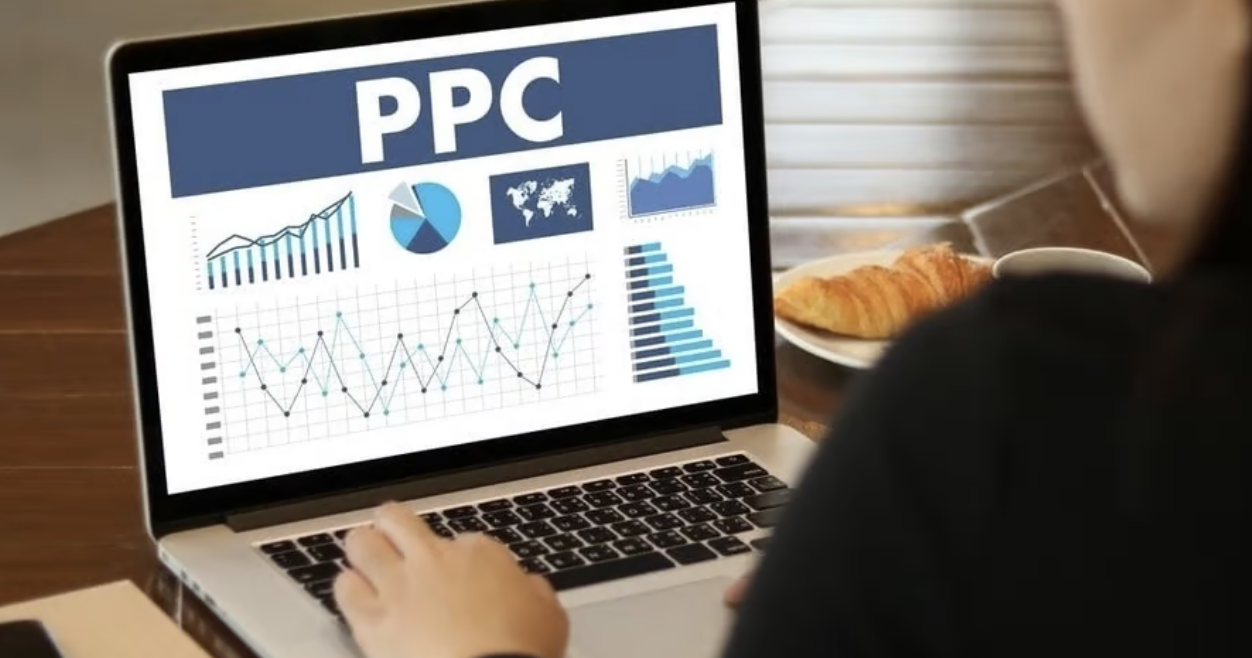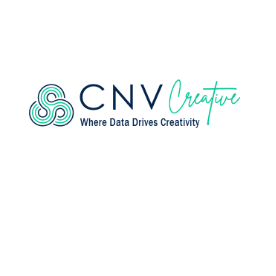In the competitive digital marketplace, businesses must employ effective strategies to stand out. Pay-Per-Click (PPC) advertising is one such strategy that delivers quick, measurable results. However, its success depends heavily on proper PPC management. Let’s explore what PPC management is, why it matters, and how it can skyrocket your marketing efforts. 🚀💡
🌐 What Is PPC Management? 🤔
PPC management is the process of overseeing and optimizing a company's pay-per-click advertising campaigns to maximize return on investment (ROI). It involves strategic planning, campaign setup, ongoing monitoring, and performance analysis to ensure ads drive the desired results—whether it’s website traffic, lead generation, or sales. 🎯
Popular PPC platforms include Google Ads, Microsoft Advertising, and social media channels like Facebook, Instagram, and LinkedIn. In this model, advertisers pay a fee each time a user clicks their ad, making it a cost-effective way to reach highly targeted audiences. 💻📊
🔍 Why Is PPC Management Crucial? 🛠️
Managing a PPC campaign isn’t a set-it-and-forget-it task. Without proper oversight, your ads might underperform or overspend. Effective PPC management ensures that:
- Budget Efficiency 💰: Every dollar spent is optimized to deliver maximum value.
- Targeted Reach 🎯: Ads reach the right audience based on demographics, interests, and behaviors.
- Improved Ad Quality: Well-crafted ads achieve higher Quality Scores, lowering costs per click.
- Data-Driven Decisions 📊: Ongoing analysis helps refine strategies for better performance.

🛠️ Key Components of Successful PPC Management ✨
1. Comprehensive Keyword Research 🔑
Keywords are the foundation of PPC campaigns. Effective research identifies high-value keywords with strong search volume and lower competition. Tools like Google Keyword Planner and SEMrush are invaluable for uncovering the best opportunities.
2. Compelling Ad Copy ✍️
Your ad copy must grab attention and encourage clicks. Highlight unique selling points (USPs), include a clear call-to-action (CTA), and align with the user’s intent. A/B testing can refine your messaging over time.
3. Audience Targeting 🎯
Precise targeting ensures ads are shown to the right people. Factors like location, age, interests, and browsing behavior play a role in narrowing down your audience. Retargeting ads can also re-engage past website visitors.
4. Campaign Structure 🗂️
Organize campaigns into well-defined ad groups based on themes, products, or services. This structure improves relevance and helps you manage bids and budgets effectively.
5. Bid Management 💵
PPC platforms use bidding systems to determine ad placements. Effective bid management ensures you’re not overspending while still achieving top placements. Automated bidding strategies can help maximize ROI.
6. Landing Page Optimization 🌐
Clicks don’t guarantee conversions. Optimized landing pages are essential for turning visitors into customers. Ensure pages are fast, user-friendly, and aligned with the ad’s message.
7. Performance Tracking and Analytics 📈
Regularly monitor metrics like click-through rates (CTR), conversion rates, cost-per-click (CPC), and ROI. Tools like Google Analytics and platform-specific dashboards provide actionable insights for continuous improvement.
🚀 Benefits of Professional PPC Management 💼
For businesses without in-house expertise, hiring a professional PPC manager or agency can make all the difference. Here’s why:
- Expertise and Experience: Professionals understand platform algorithms and industry trends.
- Time Savings: Focus on your core business while experts handle your campaigns.
- Better ROI: Advanced strategies and optimization techniques lead to improved performance.
💡 Tips for Effective PPC Campaigns 🌟
- Set Clear Goals: Define what success looks like—more sales, leads, or website traffic.
- Use Negative Keywords: Exclude irrelevant searches to avoid wasting your budget.
- Leverage Ad Extensions: Enhance your ads with sitelinks, call buttons, or additional information.
- Keep Testing: Continuously A/B test ads, landing pages, and strategies.
- Stay Updated: PPC platforms evolve constantly; stay informed about new features and updates.
🌈 Common PPC Pitfalls to Avoid ⚠️
- Ignoring Mobile Users 📱: Ensure campaigns are optimized for mobile audiences.
- Neglecting Ad Frequency: Overexposure can lead to ad fatigue and wasted spend.
- Setting and Forgetting: PPC requires active management to adapt to performance trends.
- Focusing Only on CTR: A high CTR is great, but it must translate into conversions for real success.
🛡️ Is PPC Right for Your Business? 🤷♂️
PPC is highly versatile and suits various industries and business sizes. Whether you’re a small startup looking to grow quickly or an established business aiming to maintain dominance, PPC can provide the visibility and results you need. However, it requires strategic planning and ongoing effort to truly pay off.
🌟 Conclusion: Take Charge of Your PPC Strategy 💡
Pay-Per-Click advertising is a powerful tool, but its success hinges on effective management. By combining strategic planning, meticulous monitoring, and continuous optimization, you can unlock its full potential. Whether you manage campaigns in-house or hire professionals, PPC offers unparalleled opportunities to connect with your audience, drive traffic, and grow your business.
Start mastering PPC management today and watch your digital marketing efforts soar! 🚀✨





Comments